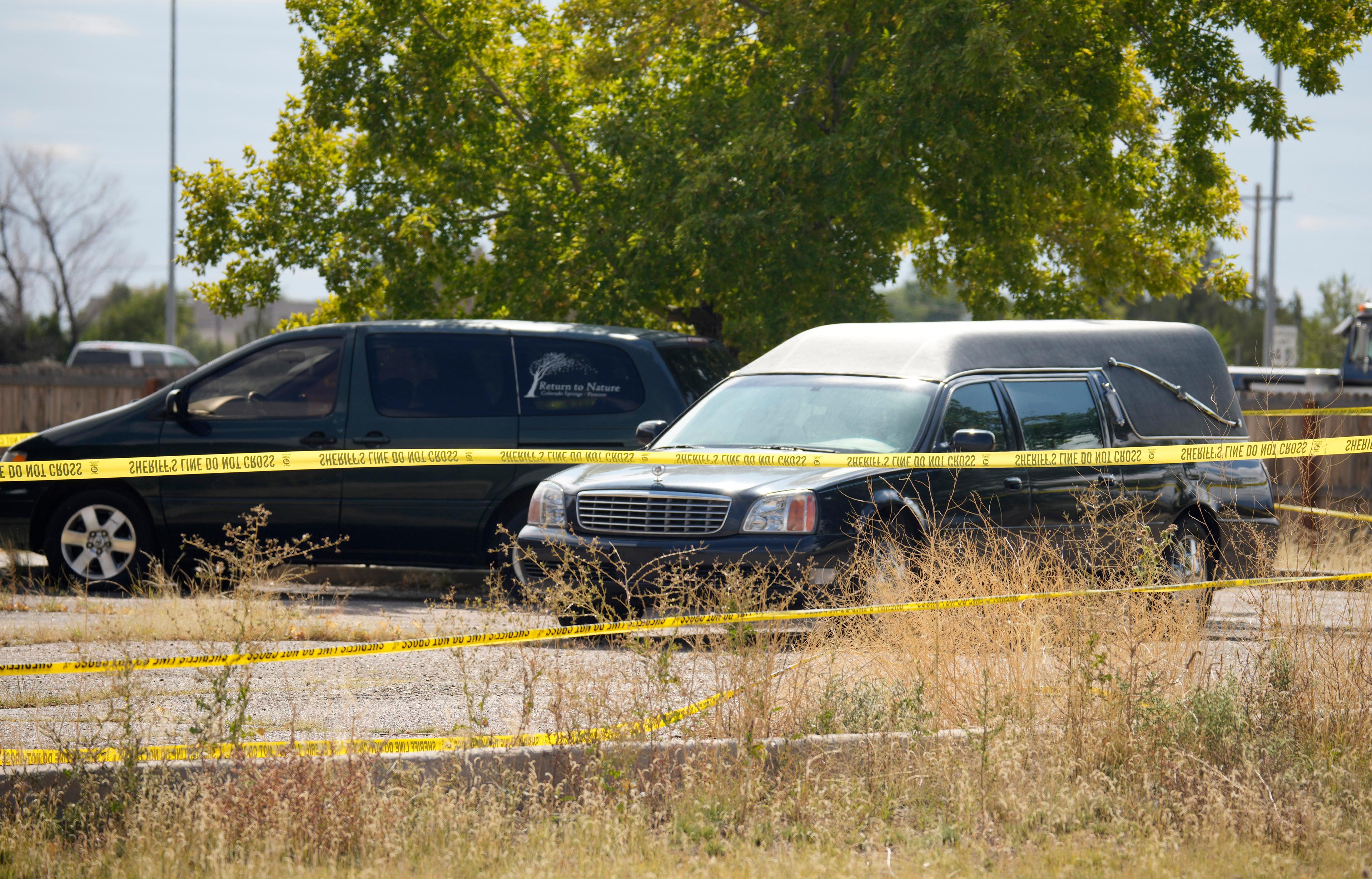
The number of bears put to death by state wildlife officials is trending upwards. In the five years between 2009 and 2013, state wildlife officials euthanized 529 bears, the most recent data available. That compares with 173 bears euthanized by the state in the five prior years, 2004-2008.
The reason is simple. Colorado's human population is rising steadily, according to state bear biologist Jerry Apker of Colorado Parks and Wildlife. With a rise in population comes more confrontations.
If wildlife officials encounter a bear that isn't deemed a threat to people, they will tag it rather than kill it, to give it a second chance, he says.
"It's two strikes and it's out," he says.
It's not only the state killing more bears. The number of bears slain in confrontations with landowners has risen in recent years, too, as have the number of bears euthanized by federal agents.
Earlier this year, state Rep. Yuelin Willett, a Delta County Republican, proposed extending the state's roughly 10-week bear hunting season by a month to help manage the bear population.
"People could enjoy the bears, the hunt and the skins and the meat for their families," he says.
But his bill to extend the hunting season didn't survive. It was transformed into a study of potential solutions to the bear-human interaction issue -- including, Willett says, the possibility for more hunting.
"The overreaching issue here is human-bear conflicts," he says. "We've had a lot of property damage. There well could be the loss of a child in the months coming if we don't do something."
Bear harvests, as hunters call them, are up significantly in recent years. The last four years have seen more bears killed by hunting than in any year since 1993. For instance, in 2014, 1,364 bears were slain by hunters. That compares with 278 bears in 1993.
The state estimates conservatively that there are between 16,000 and 18,000 black bears in Colorado.
People can avoid confrontations with bears by keeping camping food and trash containers sealed, Apker says. Bears can smell food for miles away and look for easy sources.
For other tips on how to be aware of bears, click here.
Editor's note: Because of a technical glitch, this interview was cut short, meaning we didn't get to questions about humans' responsibility. On Monday, we will finish our conversation.








